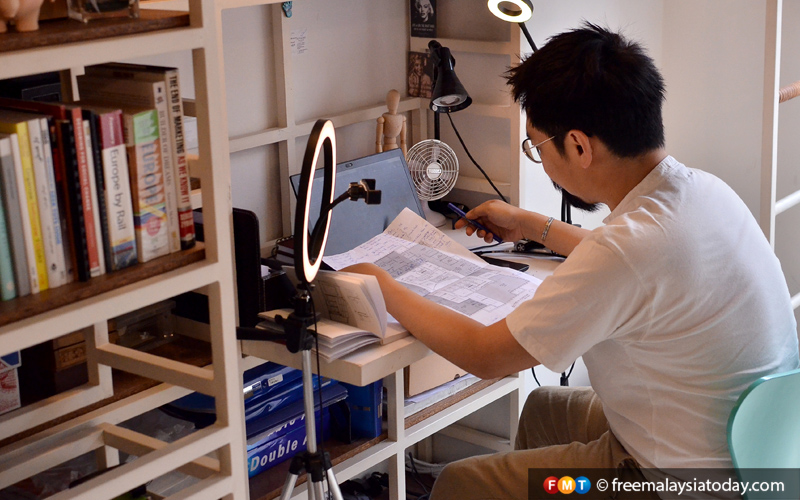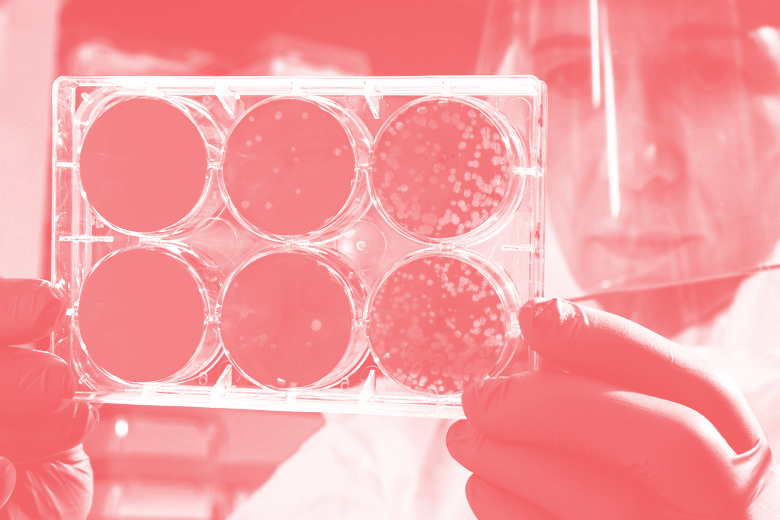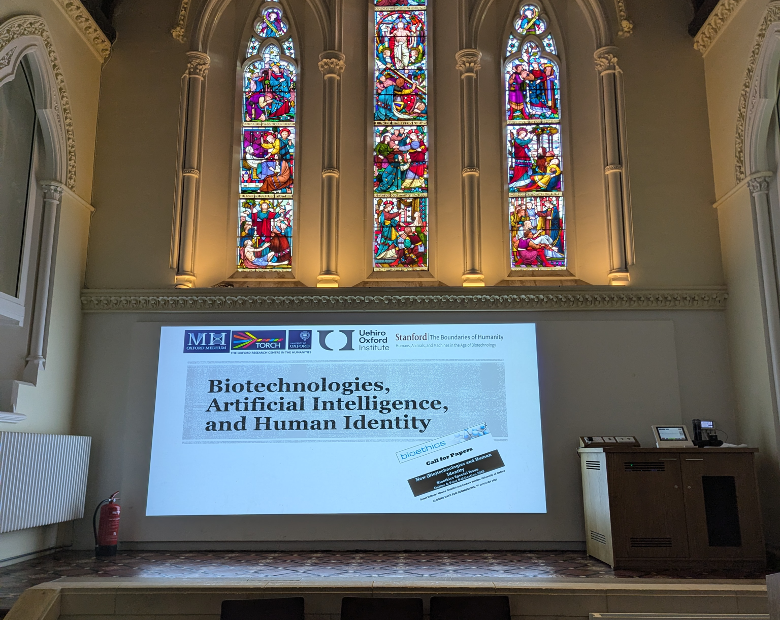Legislating for Influence: The Case of Abortion Safe Zones
by Thomas Mitchell In September last year, the Abortion Services (Safe Access Zones) (Scotland) Act 2024 came into effect. This Act establishes safe zones of 200 metres in all directions around clinics offering abortion services, within which special protections apply to patients and staff accessing the clinic. The purpose is to prevent anyone from stopping women… Read More »Legislating for Influence: The Case of Abortion Safe Zones







